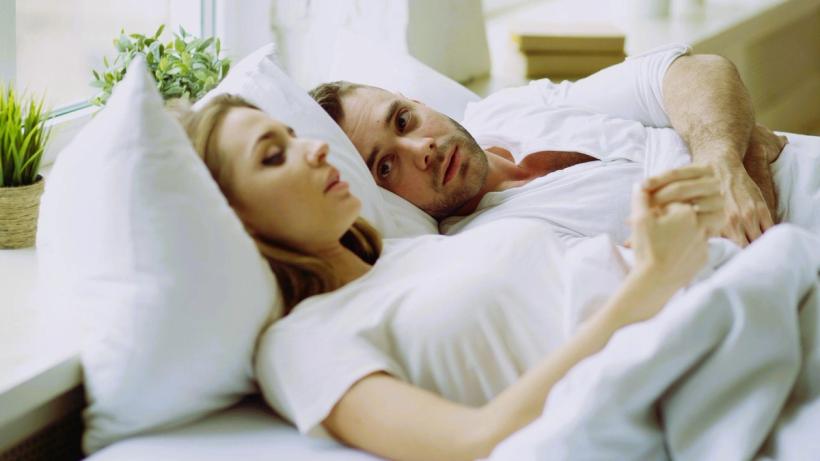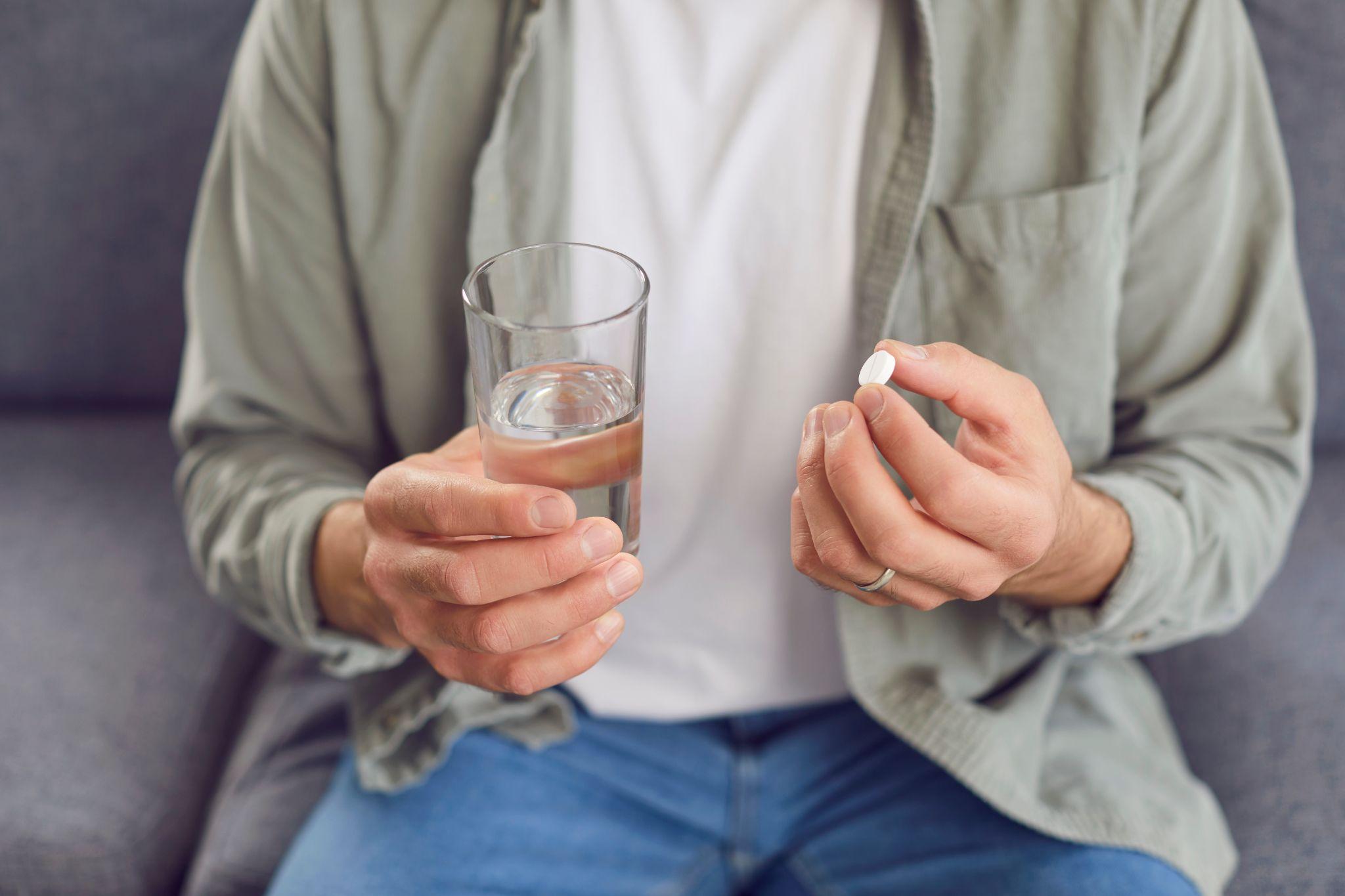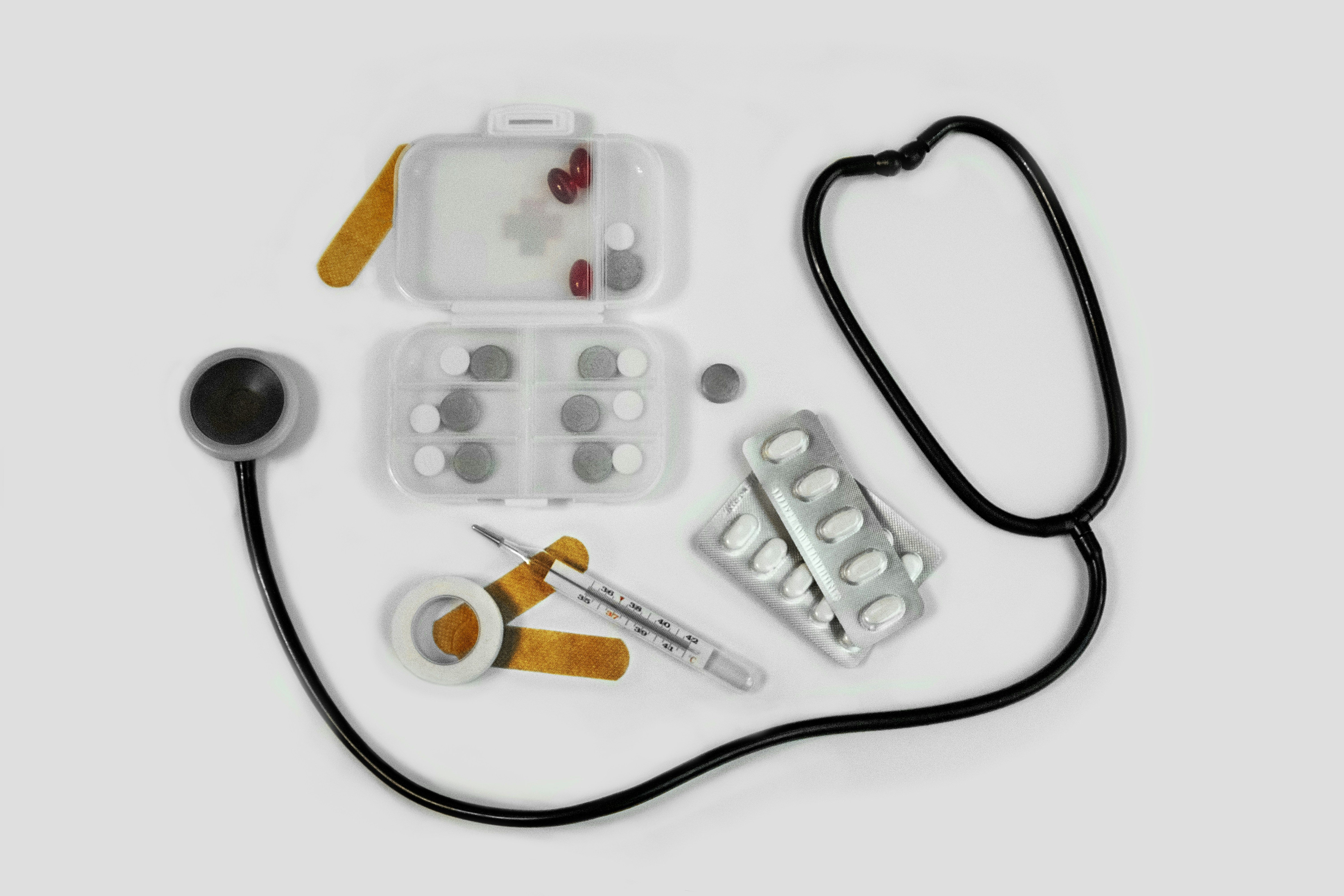Chlamydia is one of the most common sexually transmitted infections (STIs), and understanding how long it lasts is key to protecting your health and your partners. Whether you’re experiencing symptoms or just received a positive test result, knowing what to expect from a chlamydia infection—and how quickly it can be treated—can help ease anxiety and guide your next steps.
In this blog post, we’ll break down the full chlamydia symptoms timeline, from exposure to recovery, so you know exactly what to expect.
What Is Chlamydia?
Chlamydia is a bacterial infection caused by Chlamydia trachomatis. It spreads through unprotected vaginal, anal, or oral sex and can infect the genitals, rectum, and throat. Chlamydia is often called a “silent infection” because symptoms appear in only about 5% to 30% of women and roughly 10% of men, leaving most people unaware they’re infected.¹
When symptoms do appear, they might include:¹
- Burning during urination
- Abnormal genital discharge
- Pain during sex
- Lower abdominal pain
- Testicular pain (in men)
- Throat pain or swelling (for throat infections)
- Rectal discomfort or discharge (for anal infections)
Because it often flies under the radar, routine STI testing is essential—especially after unprotected sex or a new partner.
How Soon Do Chlamydia Symptoms Appear?
The incubation period for chlamydia—the time between exposure and when symptoms of chlamydia might appear—typically ranges from 7 to 21 days. However, many people never experience symptoms at all.
Even if you feel fine, you can still have the infection and pass it to others. That’s why testing is so important, particularly if you’ve had a partner who tested positive.²
How Long Does Chlamydia Last Without Treatment?
If left untreated, chlamydia can remain in the body for months or even years. During that time, the infection can lead to serious health issues, such as:³
- Pelvic inflammatory disease (PID) in women, which can cause infertility or chronic pelvic pain
- Epididymitis in men, which is a painful condition affecting the testicles
- Increased risk of contracting or transmitting HIV
- Long-term reproductive damage, even in people who never had symptoms
Chlamydia does not go away on its own, so it’s critical to get tested and treated if you think you’ve been exposed.³
How Long Does Chlamydia Last With Treatment?
The good news is that chlamydia is easily treatable with antibiotics. The most common Chlamydia treatment options include:
- A single dose of azithromycin
- A 7-day course of doxycycline
Once you begin Chlamydia treatment, the infection typically clears up within 7 days. Most people begin to feel better within a few days, though it’s important to complete the entire prescribed course—even if symptoms resolve earlier.²,³

When Is Chlamydia No Longer Contagious?
Chlamydia is generally no longer contagious 7 days after completing your full course of antibiotics, assuming you haven’t had sex during that period.
To prevent reinfection or spreading the infection to someone else:³
- Avoid all sexual activity until treatment is complete and at least 7 days have passed
- Ensure that any current or recent sexual partners are tested and treated
- Get retested if symptoms persist
Frequently Asked Questions
How did I get chlamydia if my partner is clean?
Chlamydia can be contracted even if your partner appears “clean,” as many people carry the infection without showing symptoms and may not know they’re infected.
Is chlamydia curable?
Yes, chlamydia is completely curable with a prescribed course of antibiotics, as long as treatment is started promptly and completed as directed.
How long can you have chlamydia before it causes damage?
Chlamydia can begin causing damage—like pelvic inflammatory disease or infertility—within weeks or months if left untreated, especially in individuals who don’t show symptoms.³
How long does it take for chlamydia to show up?
Chlamydia typically shows up within 1 to 3 weeks after exposure, but it may take longer for symptoms to appear—if they appear at all.²
How long does it take for chlamydia to go away?
Once treatment begins, chlamydia usually clears up within 7 days, though it's important to finish the entire course of antibiotics and avoid sex during this time.²,³
Don’t Wait—Treat Chlamydia Fast and Discreetly
Chlamydia is highly treatable, but only if you take action. The sooner you start treatment, the sooner you can clear the infection, protect your health, and prevent spreading it to others. At 24hrdoc, we make it easy to get discreet, affordable online chlamydia treatment—without the awkward waiting rooms or in-person appointments.
Get diagnosed and prescribed fast, all from the comfort of home. If you think you’ve been exposed or tested positive, don’t wait. Get your online STD treatment today with 24hrdoc.
Sources:
- Verywell Health. How Long Does Chlamydia Last?.
- Medical News Today. How long does chlamydia take to show?.
- Medical News Today. How long can a person have chlamydia before it causes damage?





